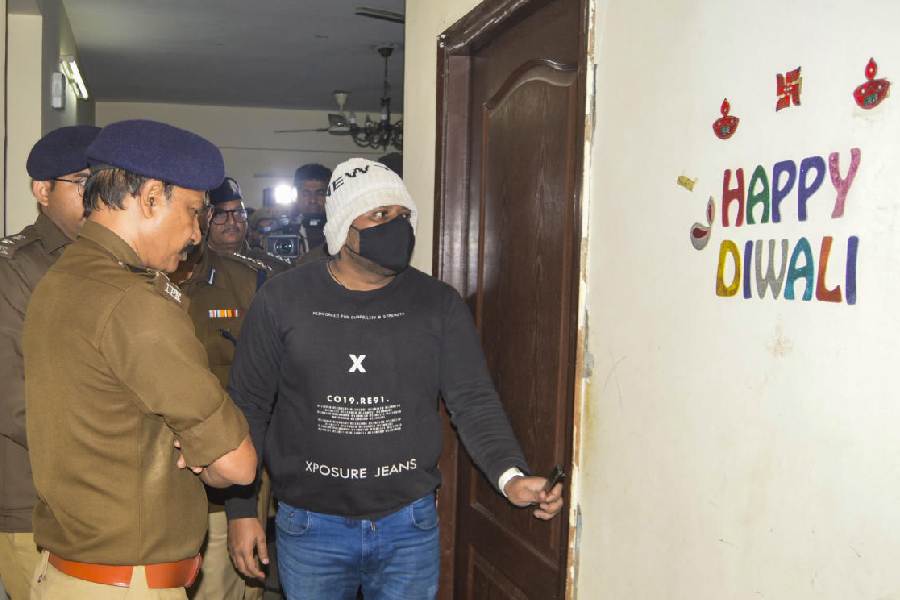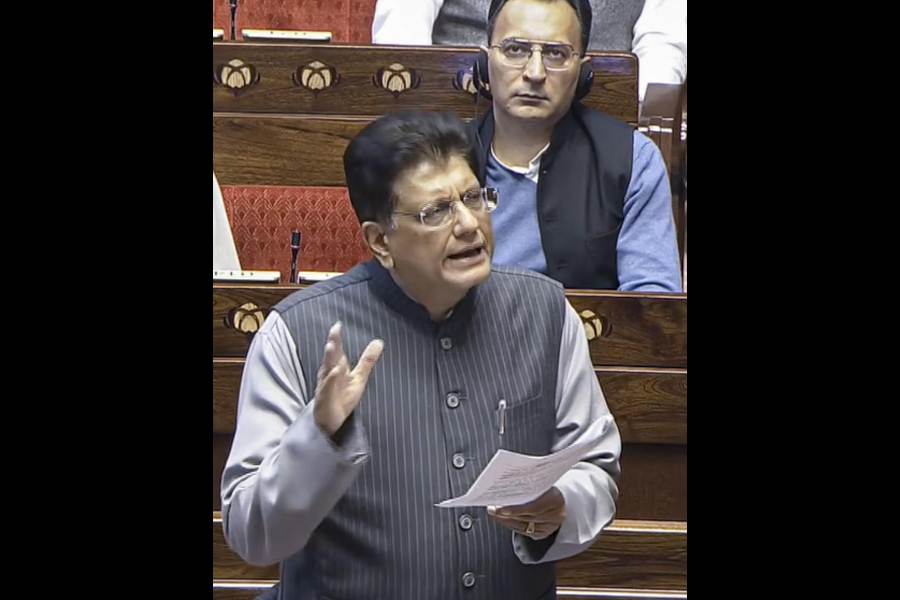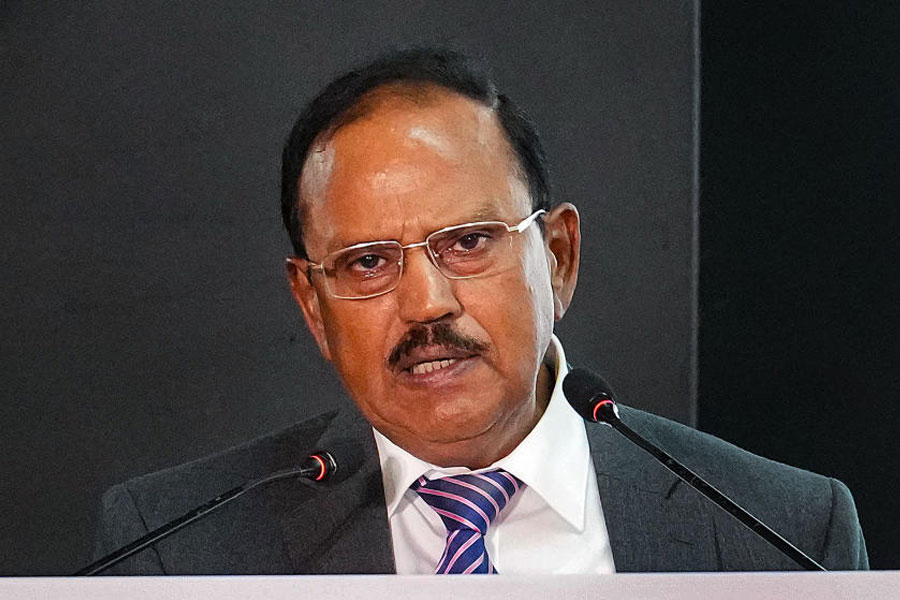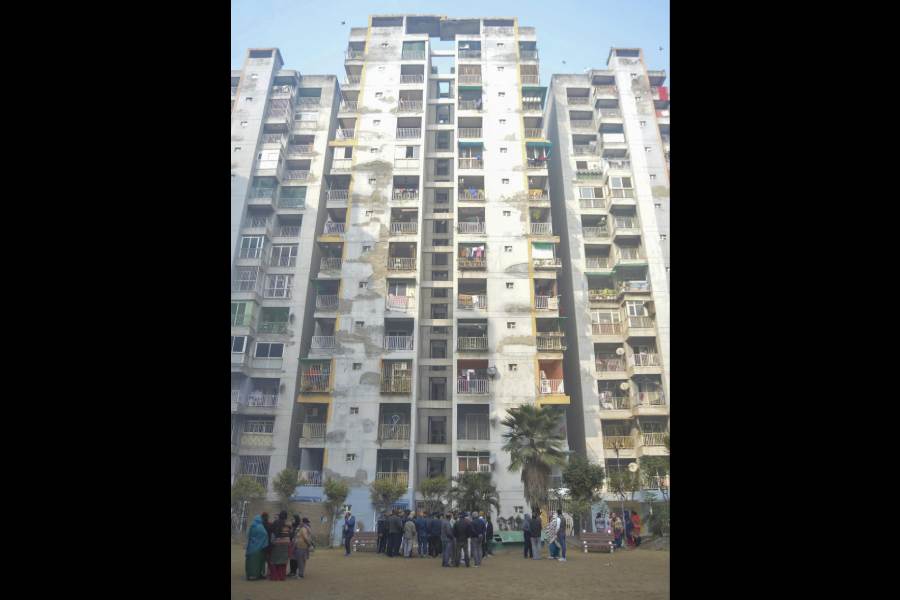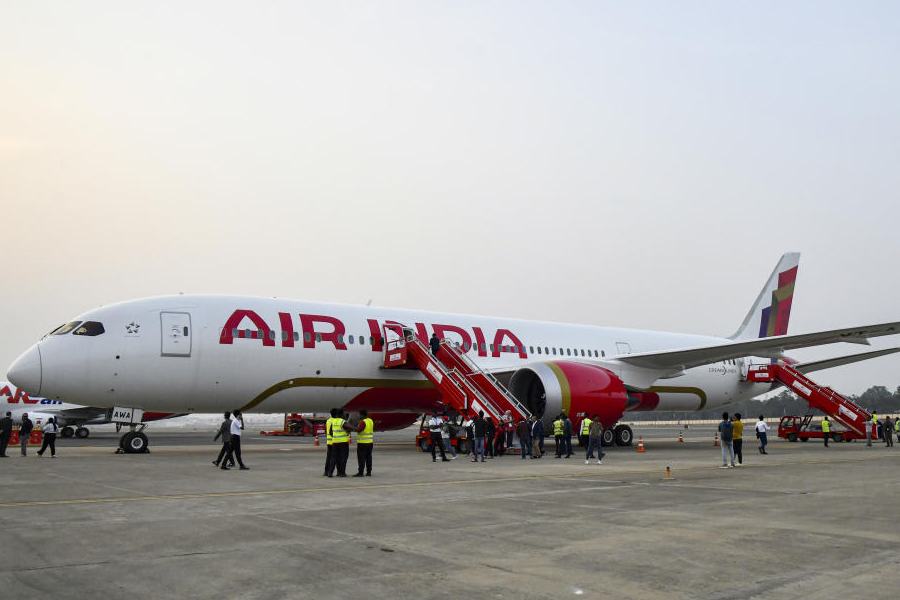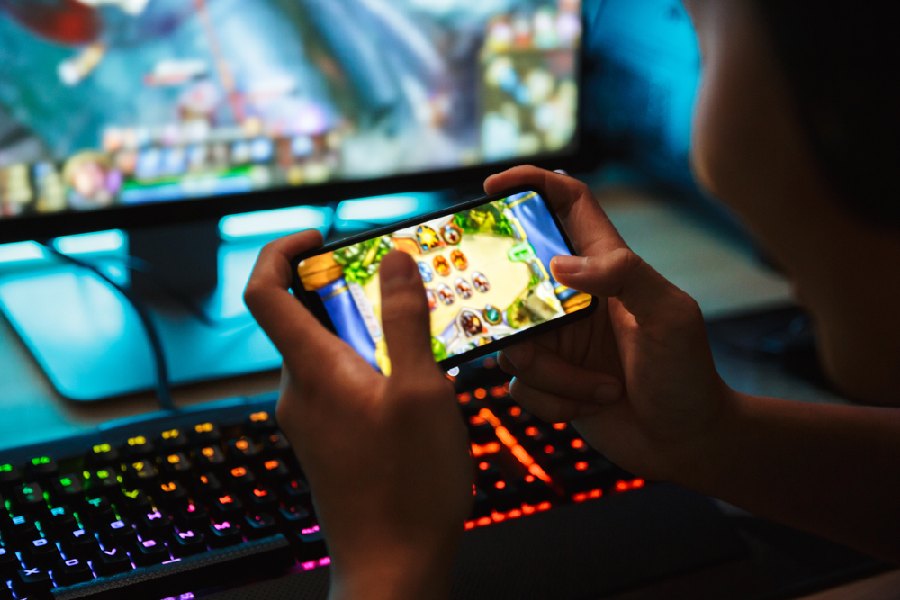With the announcement of the lockdown in the wake of the Covid-19 crisis, conversations in Assam shifted from the Citizenship (Amendment) Act to health and survival. Such a shift is understandable. But the violence witnessed during the anti-CAA protests in the state cannot be ignored. The deaths of several civilians in Assam in December 2019 in police firing, including those of teenagers, only reinforced the idea of brutal State repression.
Memories of violence can resurface during a lockdown and parallels drawn. For instance, I witnessed the anxiety of the elderly women of my family when younger men went out to buy essentials during ‘police patrolling’. Women are safer in public spaces in these times of surveillance. These apprehensions are rooted in the way politics has been shaped and in the inter-generational transmission of the lessons of politics. I intend to argue that analogous concerns — the vulnerability of men — had, once upon a time, drawn women
to insurgent outfits like the United Liberation Front of Asom. The counter-insurgency operation against Ulfa in November 1990 established the urgency of accommodating women into the organization. At a time when men’s mobility came under strict vigilance, women became the perfect candidates for Ulfa, extending logistical support as couriers of information, letters, and weapons.
Women’s participation in Ulfa was, however, voluntary. It was not devoid of the politics that influenced their lives. It transcended the territorial idea of a swadhin Asom and encapsulated the socio-economic and political grievances of their everyday lives. While collecting their oral histories, I came across factors like poverty, experiences of patriarchal violence and extra-judicial killings that were central to their decision to join Ulfa. The symbolic power of the gun and Ulfa’s ‘Robinhood’ image helped it attract mass support. The factors that facilitated women’s entry into Ulfa were not dissimilar to those that propelled women towards other insurgencies across the country. For instance, many women joined the Maoist struggle to overcome the brutality of the Salwa Judum.
But women’s role in ethno-nationalist struggles is often confined to the footnotes in academic and journalistic pieces. This has led to under-representation and also misrepresentation of their roles. Not much analysis has gone into women’s participation in Ulfa as recruiters, arms trainers, political organizers as well as their deployment in secret combat camps like Enigma. This has not only prevented their voices from being represented in the decision-making bodies but also diverted attention from a nuanced understanding of the violence witnessed or experienced by the women.
Currently, the insurgent organization has two factions — an overground unit that is in talks with the Indian government as well as an underground arm that has firmly held on to its demand for a sovereign Assam. Significantly, the meta-narratives of human lives are selectively remembered in the mega-narratives of peace talks. Where do women stand in these negotiations? What about the rights and representation of ‘conflict widows’ in post-conflict societies? Why is the State and Ulfa silent about the secret killings that damaged the social identities of women — civilian and combatant — beyond repair? These queries are blurred even as the women eke out a life of stigma on account of their association, direct or indirect, with the insurgency. There is a case to re-examine these questions through the gender lens.
The sociologist, Nira Yuval-Davis, has pointed out that women reproduce nations biologically, culturally and symbolically; yet they are confined to the ‘private sphere’ and are not considered to be politically relevant while theorizing public discourses on nations and nationalist aspirations. The ‘private’ lives of the women, according to the anthropologist, Dolly Kikon, intersect with the public sphere as testimonies of violence and loss are not personal affairs during an armed conflict. These issues are made complicated by the fact that insurgent struggles witnessed the occupation of public spaces by women who broke away from the gendered, restrictive norms that had guided their lives. This necessitates exploration of gender relations that shape the activism of men and women. There is also a need to recall the specific social contexts that reproduce new masculinities and femininities under strict State surveillance. It must also be pointed out that State policies governing rehabilitation and representation must also be made inclusive. The intersectionalities must be addressed and understood to comprehend women’s identity in post-conflict societies.





